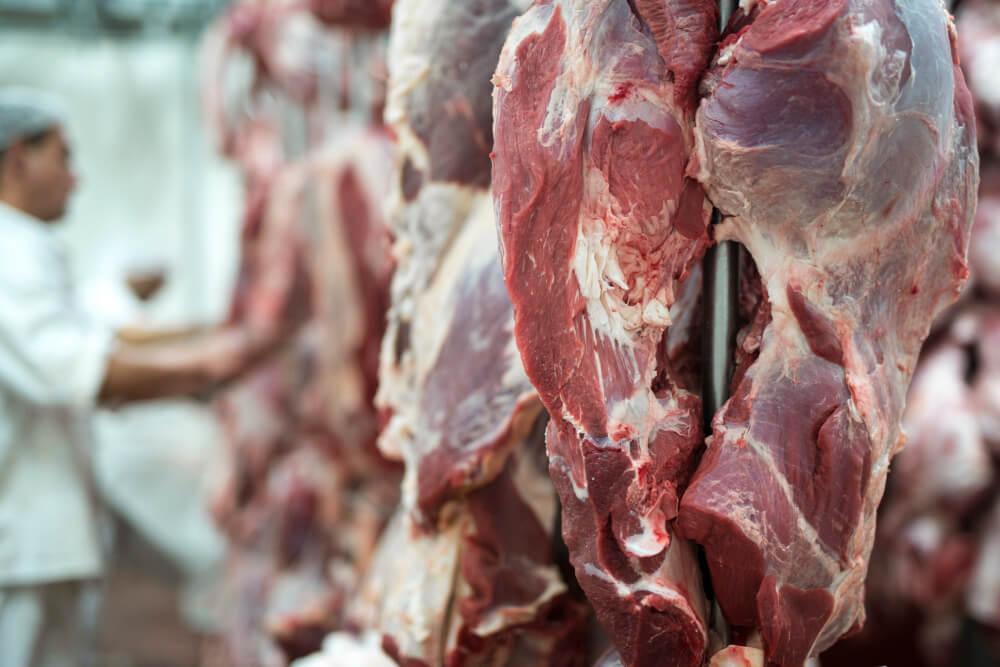Africa-Press – Lesotho. BUTCHERY operators have decried the continued ban on red meat imports from South Africa, saying the restriction — imposed in early August — has severely crippled their businesses.
Some said they are now on the verge of closing since they are struggling to source quality red meat locally.
A local butchery owner and Meat Traders Association of Lesotho (MTAL) secretary general, Teboho Motšepe, told the Lesotho Times yesterday that the industry is reeling under pressure and may soon be forced to lay off workers.
The government implemented a ban on red meat imports in August fearing that a foot and mouth disease outbreak in South Africa could spill into Lesotho.
Mr Motšepe explained that, besides losing access to grade A meat — typically supplied to formal markets such as hotels and catering companies — butchers are also battling to sell locally sourced beef because it is not standardised.
“While grade B and C beef is available in the country, clients are reluctant to buy it. They often ask where the meat was slaughtered and whether the facility is safe,” Mr Motšepe said.
He added that the absence of a national abattoir in Lesotho has worsened the situation.
“If only Lesotho had a functional abattoir, Basotho would be able to take their livestock there for professional slaughter. Clients want assurance that the meat is safe for consumption and is certified by inspectors.”
The National Abattoir was established in 1983 but stopped operating in 2003 when the government decided to privatise it. In 2008, the facility was leased out to a private company (Meraka) for a duration of 10 years, after which it was closed again.
Mr Motšepe further lamented that the read meat ban was imposed without giving local meat producers time to establish alternative supply, resulting in shortages across the market.
“It has been two weeks without pork. We also do not have fat or casings, which we were importing from South Africa. As a result, we are unable to produce boerewors. This means we are not generating any income, we cannot pay rent, and may soon be forced to retrench workers,” he said.
Despite the crisis, he believes the current situation presents an opportunity for Lesotho to strengthen its meat production capacity.
He urged the government to support local farmers through technical assistance, meat inspection services, and by leasing out dormant public slaughterhouses to the private sector.
“The government has slaughterhouses that have become white elephants. They could lease them to private operators and assign veterinary experts to ensure facilities and livestock meet safety standards. If that happens, we won’t need to rely on imports — we will produce and consume our own meat,” he said.
According to the Ministry of Agriculture, Food Security and Nutrition, the ban a cautionary measure aimed at protecting Lesotho from the spread of the disease which had been reported in different provinces of South Africa.
Speaking to the Lesotho Times, the ministry’s spokesperson, Lereko Masopha, said it remains unclear when the ban will be lifted, as veterinarians from both countries continue to monitor the situation.
“Veterinarians from both South Africa and Lesotho are still assessing the situation. We have not yet received any conclusive reports, but once it is deemed safe to reopen the borders for red meat imports, the ministry will be informed,” Mr Masupha said.
He added that while imports from South Africa remain restricted, meat from other countries is still permitted to enter Lesotho.
For More News And Analysis About Lesotho Follow Africa-Press






